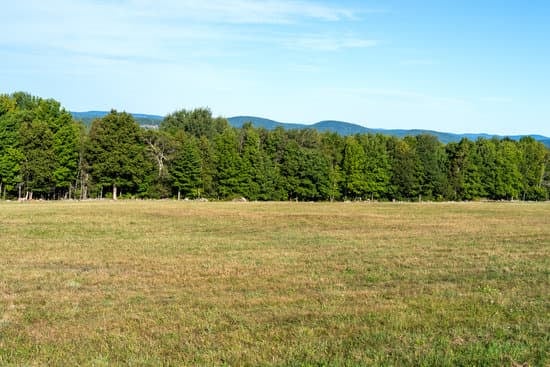Vacant Land
Will It Qualify for a 1031 Exchange?


For a property to qualify for nonrecognition of gain under IRC §1031, the property must be held by a Taxpayer for productive use in a trade or business or for investment. By contrast, property held for sale to customers in the ordinary course of business, often referred to as dealer property, is considered inventory and not qualified property for IRC §1031. Nor is property that is held primarily for personal use, such as a primary residence. Often it can be difficult to determine whether the property has been held for a qualifying use, particularly when the subject property is vacant land.
Some examples of land held for investment which would qualify for an exchange are:
1. Land held by the taxpayer primarily for appreciation of value due to factors beyond the control of the taxpayer such as location, changes in supply and demand and the passage of time.
2. Land adjacent to the taxpayer’s personal residence which has been held by the taxpayer for the incremental increase in value and treated for tax purposes as land held for investment.
3. Land in a subdivision of lots which have been held by the taxpayer and have been treated for tax and accounting purposes as land held for investment.
Some examples of land which are not held for investment and do not qualify under IRC §1031 are:
- Land which is acquired with the intent to resell at a profit.
- Land adjacent to the taxpayer’s personal residence which is used primarily by the taxpayer for personal purposes and which the taxpayer declares an interest deduction on Schedule “A” Form 1040 as personal residence interest.
- Land which is or will be dealer property in the hands of the taxpayer. Such as land owned by a developer who subdivides, grades, zones, and installs utilities and roads on the land.

The length of time the property has been held is often a focus, however, it is only one of many factors that must be considered. The Taxpayer’s intent for holding the property is determined at the time of the exchange and is a question of fact. It is possible for a property that has only been held for a short period of time to qualify for a 1031 exchange as long as the facts and circumstances are strong enough to show the taxpayer held the property for a qualified purpose.
In most situations there is not a bright-line rule which can be followed, whether a property has been held for productive use in a trade or business or for investment is determined on a case-by-case basis. For this reason, it is important to always review your transaction with your tax advisor.
Discover the potential of vacant land investments and unlock the pathway to defer capital gain taxes.

